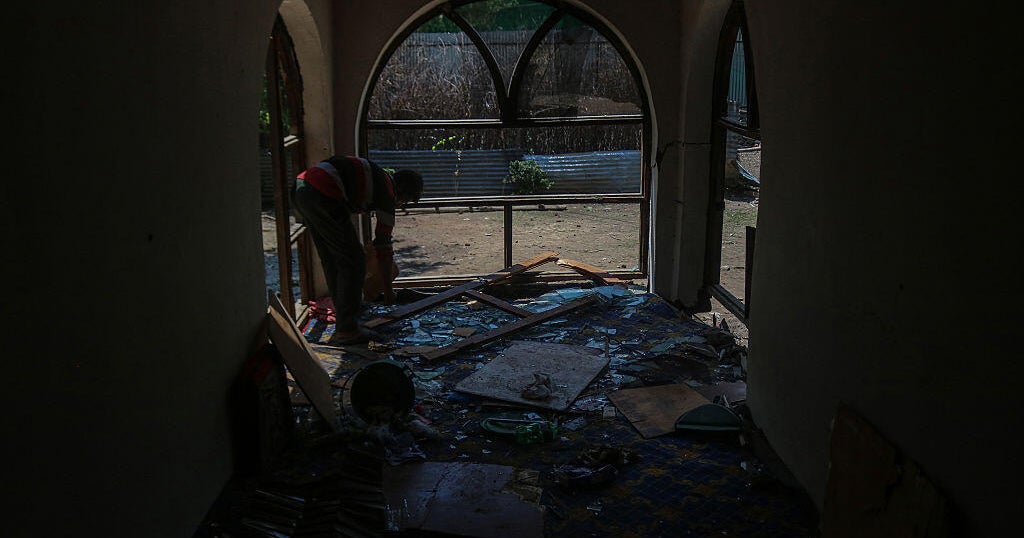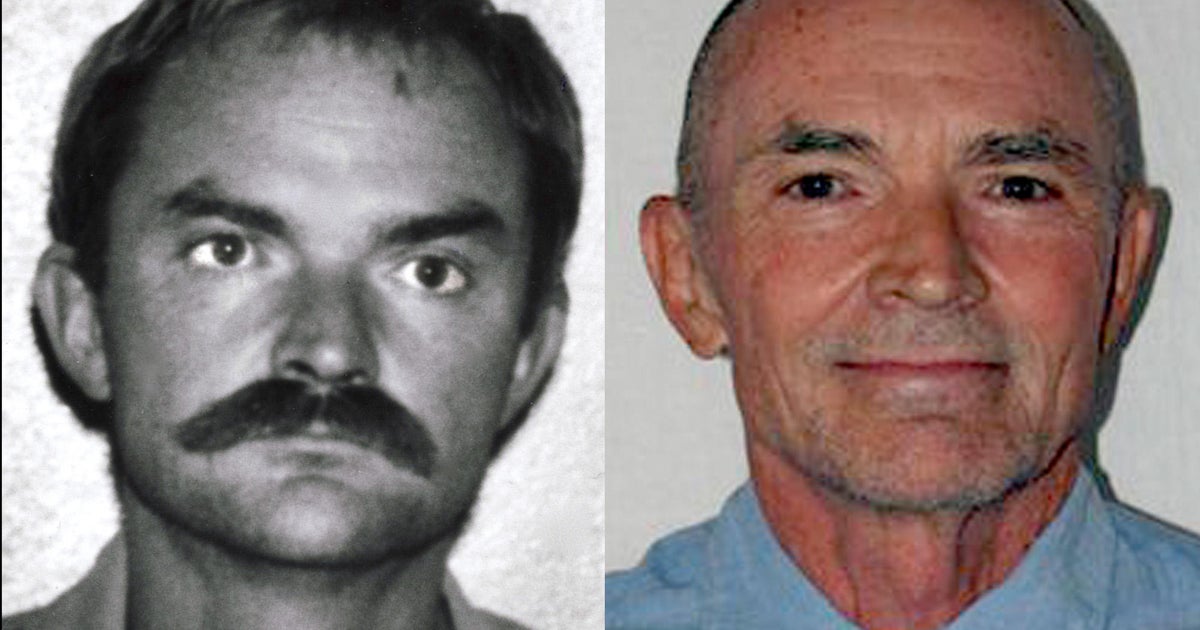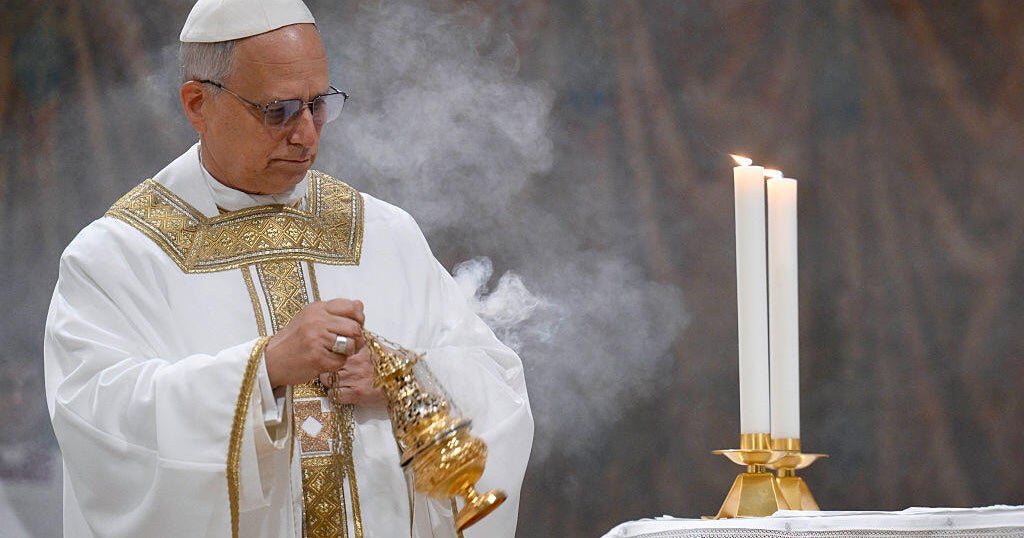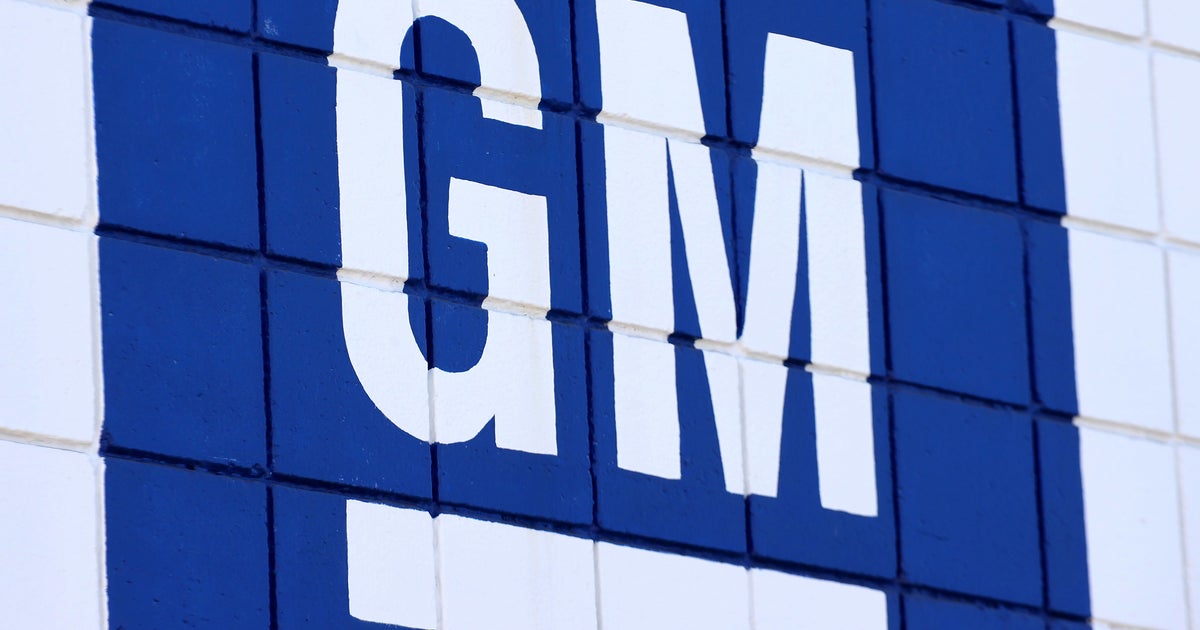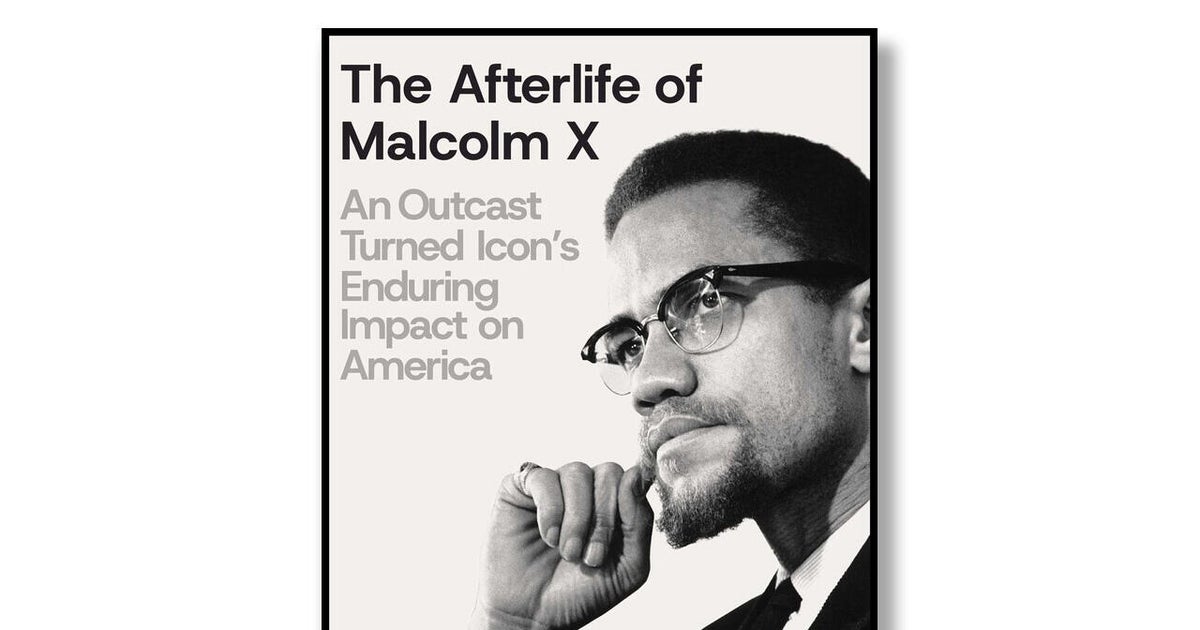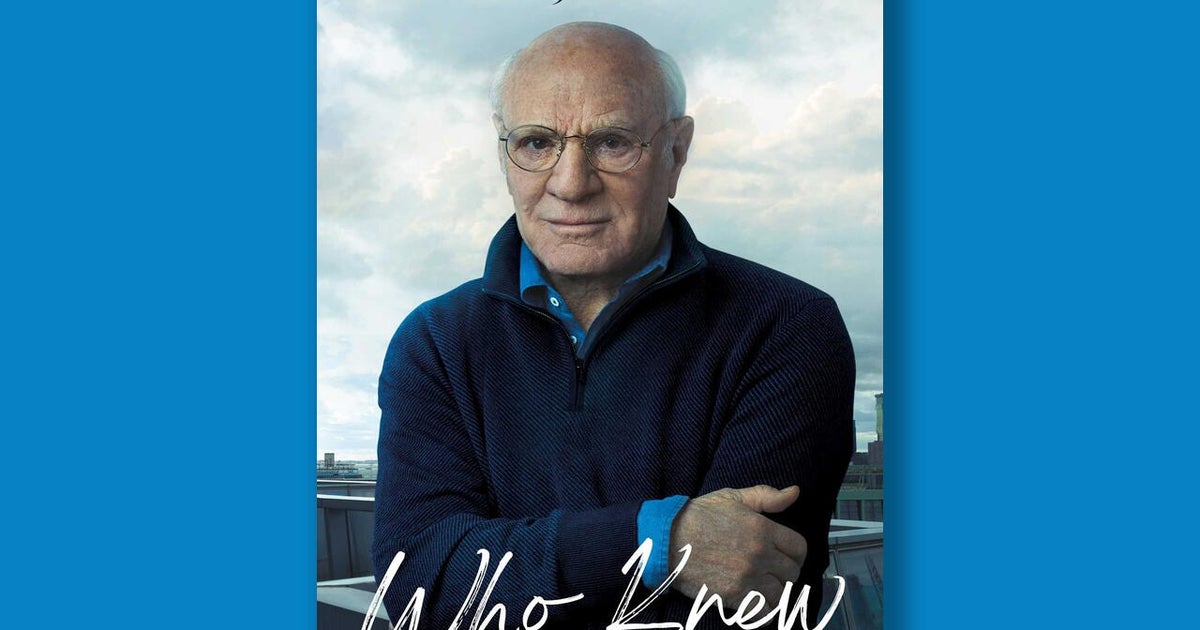Work to raise a superyacht that sank in Sicily last year, killing a U.K. tech mogul and six others, was suspended Saturday after the death of a specialized diver, according to local news reports.
The diver was part of a team working to raise the 185-foot "Bayesian" yacht that was struck by a pre-dawn storm in August last year while anchored off Porticello, near Palermo.
The yacht sunk within minutes after being struck by something akin to a mini-tornado, killing British tech tycoon Mike Lynch, his teenage daughter and five others — Morgan Stanley International bank chairman Jonathan Bloomer and his wife, Judy, U.S. lawyer Chris Morvillo, his wife Neda Morvillo and the yacht's chef Recaldo Thomas, the BBC reported. Fifteen people managed to escape on a lifeboat, including a one-year-old child and Lynch's wife, Angela Bacares.
Authorities suspended work on raising the vessel after prosecutors opened an investigation Friday into the death of a 39-year-old diver, according to Italian media.
According to initial reports, the diver was part of a team working to cut and remove the 75-meter mast, a first step before recovery of the yacht itself, which is lying on its side on the seabed some 50 meters down.
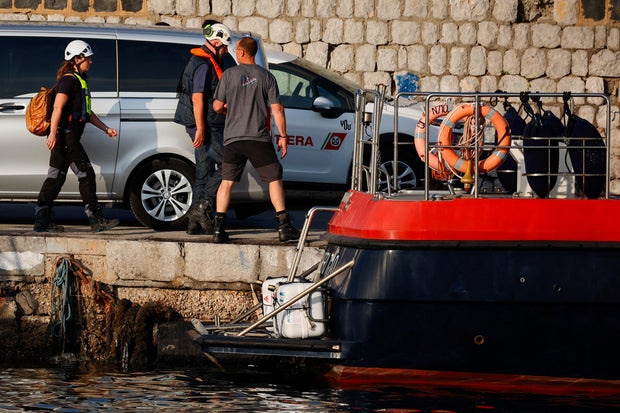 Crew members, working aboard the floating crane ship HEBO, walk at the port after a diver died during preliminary operations to recover British tech tycoon Mike Lynch's superyacht from the waters off the coast of Porticello, near Palermo, Italy, May 9, 2025.
Igor Petyx / REUTERS
Crew members, working aboard the floating crane ship HEBO, walk at the port after a diver died during preliminary operations to recover British tech tycoon Mike Lynch's superyacht from the waters off the coast of Porticello, near Palermo, Italy, May 9, 2025.
Igor Petyx / REUTERS
TMC Marine, the British company working to raise the superyacht, did not immediately respond to an AFP request for more information.
In a statement Friday cited by news reports, TMC Marine said it was cooperating with the probe and that "the circumstances of the accident are currently being investigated by the authorities."
Work to bring up the yacht began last week, with Italy's coastguard saying it would take up to 25 days.
Inquests into the deaths of the four British victims of the yacht sinking are currently being held in Ipswich, in eastern England.
In Italy, prosecutors in Termini Imerese have opened investigations into the captain and three others on suspicion of manslaughter and the crime of negligent shipwreck.
Lynch, the 59-year-old founder of software firm Autonomy, had invited friends and family onto the boat to celebrate his recent acquittal in a huge U.S. fraud case.
Lynch, once hailed as "Britain's Bill Gates," rose to prominence in the late 1990s with the development of his software company, Autonomy, which helped businesses quickly find information buried in email and other digital documents. In 2011, Lynch sold the business to Hewlett-Packard for $11 billion, giving him a $800 million payday and cementing him as one of the U.K.'s richest people.
But the acquisition was later called one of the "most notorious failed mergers and acquisitions" after HP discovered alleged accounting issues, leading to Lynch's firing by HP's then-CEO, Meg Whitman. HP claimed that Autonomy had used accounting improprieties to bolster its underlying financials ahead of the acquisition, charges that Lynch steadfastly denied.
The case stretched into a 12-year legal fight that ended in June 2024 when a federal court jury in San Francisco delivered not-guilty verdicts.
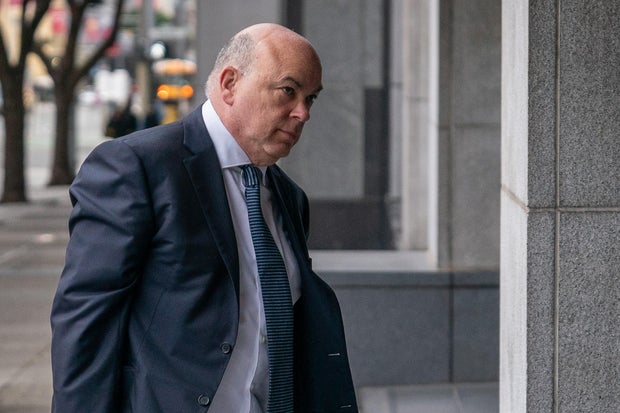 Mike Lynch, former chief executive officer of Autonomy Corp., arrives at federal court in San Francisco, California, on Monday, March 18, 2024.
Loren Elliott/Bloomberg via Getty Images
Mike Lynch, former chief executive officer of Autonomy Corp., arrives at federal court in San Francisco, California, on Monday, March 18, 2024.
Loren Elliott/Bloomberg via Getty Images
Lynch, who earned a PhD in mathematical computing from the U.K.'s Cambridge University, first cofounded a company called Cambridge Neurodynamics, based on the cofounders' work with pattern recognition. The firm used the tech to match fingerprints and car license plates, according to a 1997 article in The Guardian.
From there, Lynch cofounded Autonomy in 1996, which relied on a statistical model called Bayesian inference, named after a theorem developed by the 18th century statistician Thomas Bayes. (Lynch's luxury yacht was christened the "Bayesian.")
The company tapped into the growing need of businesses to sort through and find information within the vast reams of data created by the increasing use of computers and digital documents.
Autonomy's steady growth during its first decade resulted in Lynch being awarded one of the U.K's highest honors, the Office of the Most Excellent Order of the British Empire in 2006.
Lynch told The Guardian in 1997 that people didn't quite believe that a growing tech business could emerge from the U.K.
"I have actually heard the comment, 'England, software? I thought you made bone china,'" he told the newspaper.

